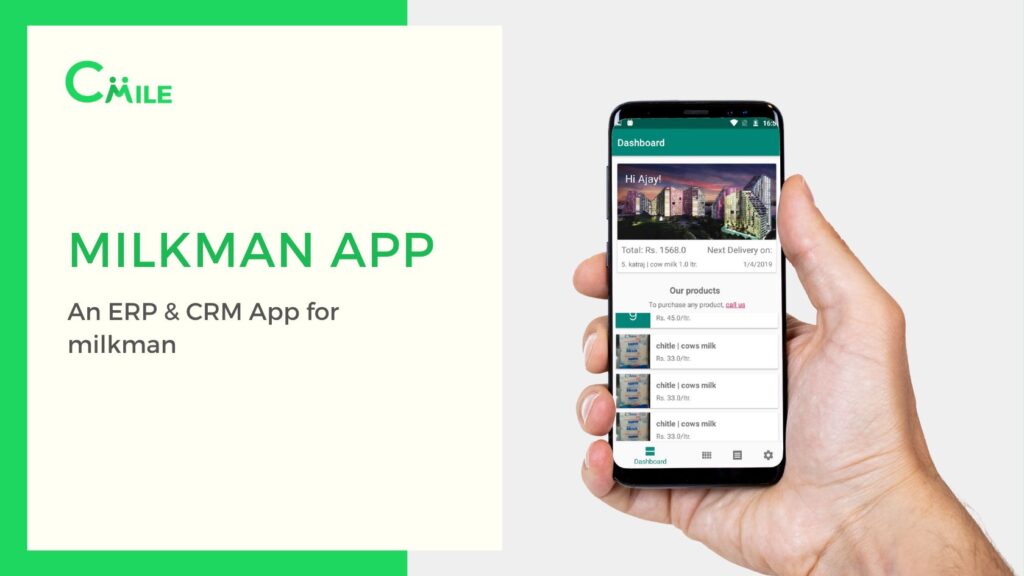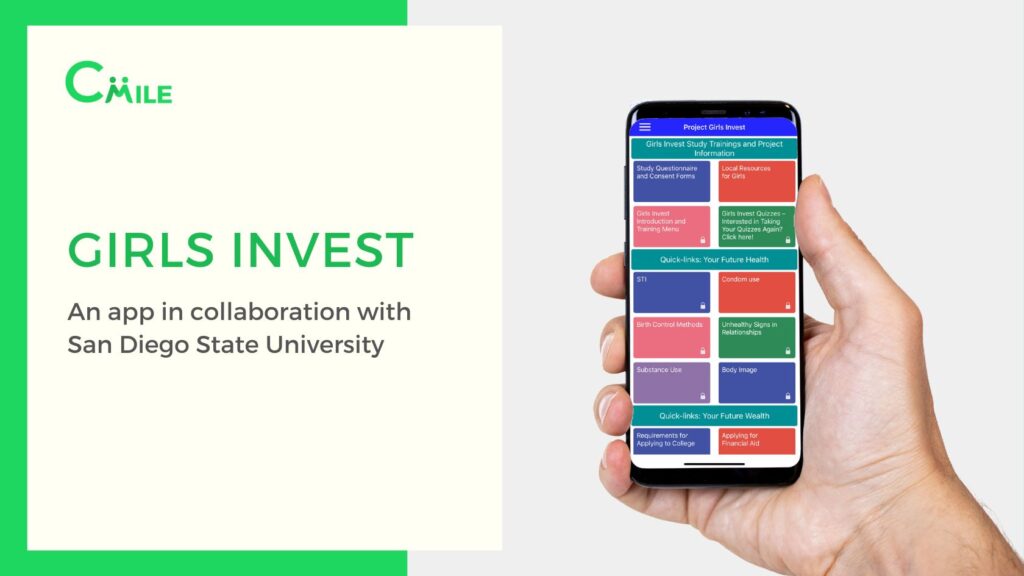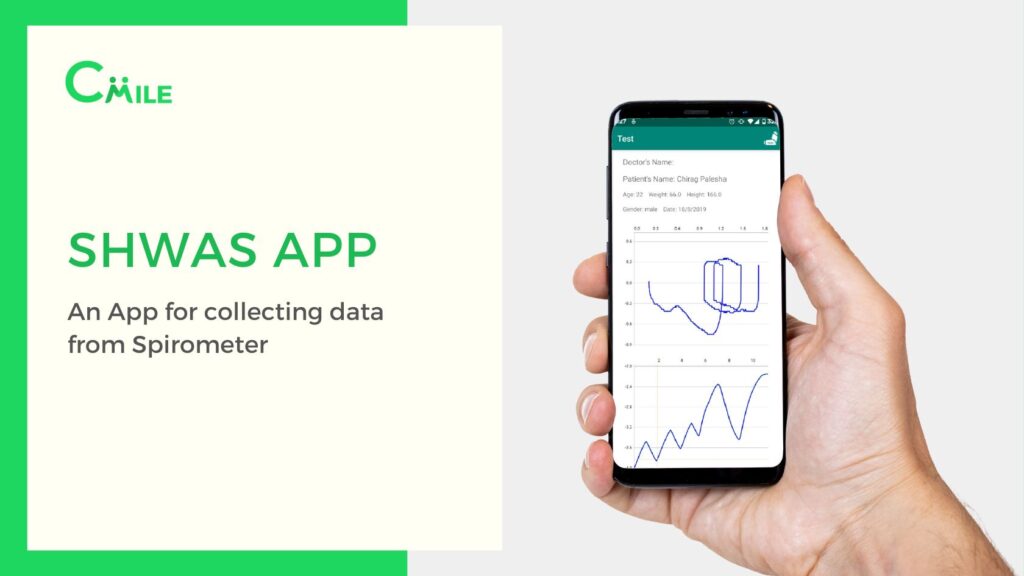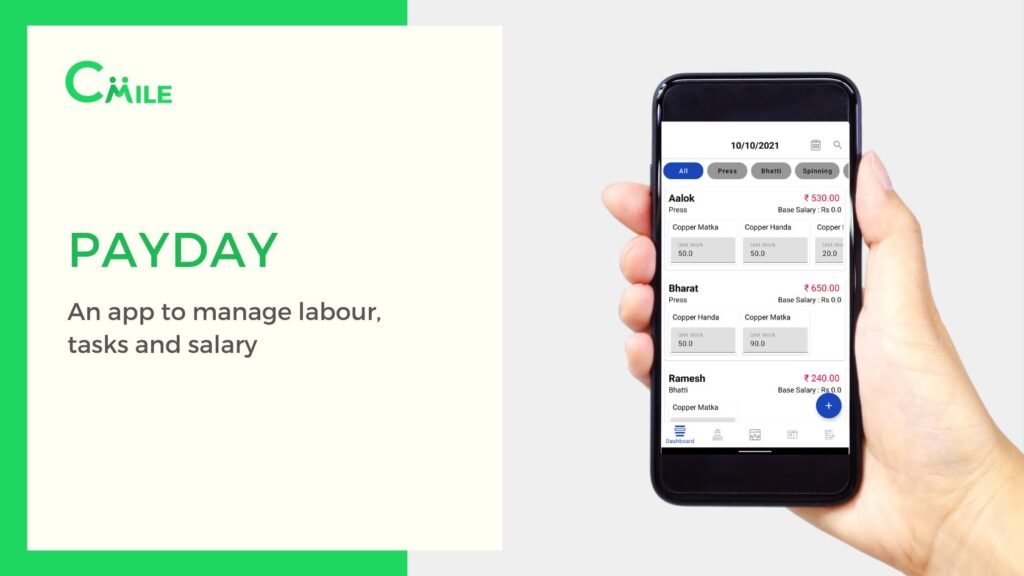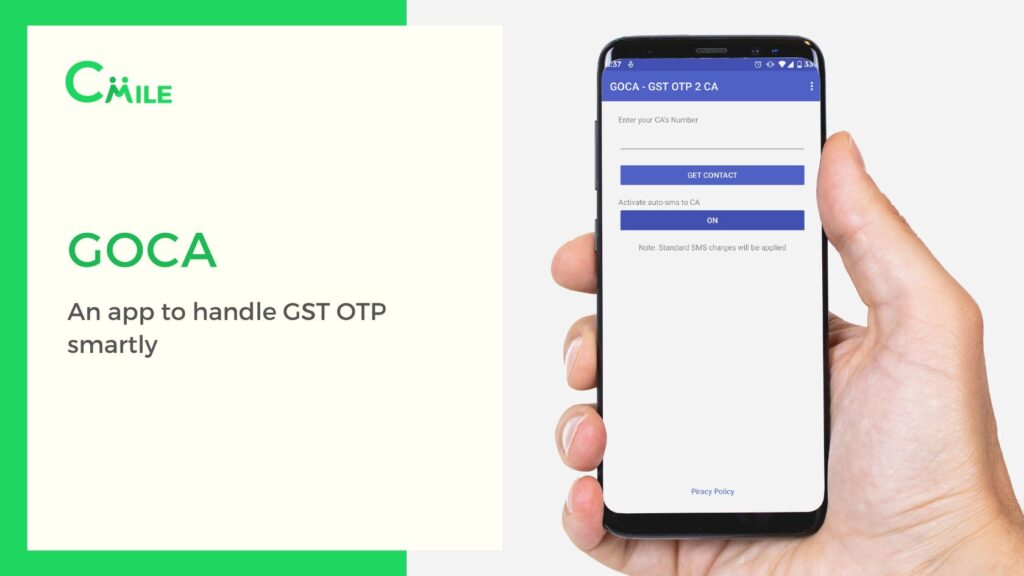Two and a half billion people around the globe own a smartphone. Since the advent of the modern smartphone, quite many
things have changed dramatically. Today’s digital age is recognized, with countless apps having high-end features and functionalities. Any sector that exists today, news, banking, gaming, etc., has an app dedicated to it, readily available at the touch of a button.
And the companies that do not have an app released are falling out of competition with their peers. So, with several app options in the market, what makes your app exceptional? The answer is your mobile app performance. In this blog about mobile app performance, various topics are a matter of discussion related to mobile app performance optimization.
Why Is Optimizing Your Mobile App Performance Important?
A business has an integral role in selling its product. Generally, every business has a service or product to offer in the market. Now another important factor is how you promote your products for sale. So, the growth of the business depends upon the type of salesperson. In today’s modern world, mobile apps play the role of salesperson.
A slow mobile app with multiple performance issues can impact your company to a great extent. A poor-performing mobile app can throw off your prospects and weaken your brand’s reputation. Why does your mobile app performance matter? Here are a few reasons:-
1. Large Number Of App Alternatives
Today the market has a large number of competitors. As compared to older days, the competition has grown immensely. Not just are there several app alternatives, but also several alternative options for everything. You might not like your services from a particular brand. So, you can find ten other alternative brands offering the same type of services.
There is a chance if a user comes to your app. But, it takes too long to load. The user will go to the app store and go with the next app on the list.
2. Poor Performance, Poor Reviews
Your mobile app performance determines your app ratings and downloads. App downloads and ratings go hand in hand. A new user of your app goes through the reviews concerning it. Thus, giving him a better picture of using your app. A total of 7-8% of your consumers give a poor app rating or review because of your app’s poor performance.
A drop of even 0.3 in-app ratings can decrease your downloads by up to 60%. The lower number of downloads is quite enough to impact your business and its growth simultaneously.
3. High User Expectations
As mentioned earlier, the market has many alternatives for users. With more alternative app options, consumer expectation is also higher. A total of 67% of users choose mobile apps over mobile websites. Because they feel using a mobile app is more convenient than mobile websites for several reasons.
Websites are often less preferred because they are slow and laggy. But, if your mobile app is also slow in performance, then the user shift from website to your app is useless. Also, 57% of the users prefer mobile apps because they are faster.
What Are The Elements That Decide Your Mobile App Performance?
When measuring mobile app performance, codebase quality and the basic architecture of an app are considered by many people. But, several mobile app performance metrics are responsible. These metrics directly determine your mobile app performance and optimization.
1. Mobile App Size
Your mobile app size determines how effective your mobile app is. You can pick any app from the market which you love, except a gaming app because it is usually a heavy file; use the chosen app now. After using the app, you will realize that the chosen app is liked because of its fast speed and user responsiveness.
Now compare your app with the same app to fill the gaps your app lacks. It might be in speed, features, or any other technicality involved. The number of mobile app downloads is directly proportional to the optimization of the app. Various studies and researches have shown that small app sizes account for more downloads.
2. Network Performance
Network Performance is another element to measure your mobile app’s performance. Your app should be capable of performing to its full capacity, irrespective of your user device connected to any network if your app has the function of interacting with networks. Then checking its functionalities on different networks is a crucial part of the app performance optimization process.
3. Error Reports
Crash and error reports help you in determining the potential errors. These are those errors that a user might come across while using your app. Due to its direct impact on the user experience of your mobile app, the crash reports should be closely examined. Also, it helps you understand the reason behind app crashes.
How Can You Improve Your Mobile App Performance?
1. Minimize Your Application Size
As discussed earlier, app size plays an essential task in mobile app performance and download rate. A heavy mobile app in size has a high possibility of fewer downloads, as it would occupy excess space on their device. Minimizing your application size by removing unused resources, reducing library size, reusing code, etc., is always better for user experience and business.
2. Utilize Content Delivery Network (CDN)
Utilizing the content delivery network has an ultimately proven track record of improving app performance. With reduced navigation paths and improved speed limits, CDN plays quite a vital role. The process can be made further safe and secured with a faster flow of information between the different Application Programming Interfaces(APIs).
3. Construct a Functional App
Creating a fully functional app should prioritize other fully-animated or fancy apps. As per the thumb rule, your app should follow a minimalistic design. So, rule out the animated apps, which will technically increase the loading time and cause an inconvenient user experience.
4. Use An Application Performing Monitoring (APM) System
The application performing monitoring system can measure the overall performance and consistency of your app. With an in-depth performance report, all the real-time issues get tackled. Necessary app objectives are also matched in case of complex app performance.
5. Reduce The Loading Time Of The App
App load time plays a significant role in user experience, be it the opening time of your app or the loading time between screens. Using a CDN, lightweight apps, monitoring codebase, and following optimization techniques like caching, optimizing routes, etc., helps minimize the overall loading time of the app.
Conclusion
Today, in the competitive market space, app revenue can be increased with mobile app performance optimization. Building lighter and fast apps is not the last step for providing the ultimate user experience. But keeping the app optimized from time to time is. We hope that this article helped you with a few basics on improving mobile app performance.
We hope this article about does mobile app performance has any impact on user experience is helpful to you. Do share this content on social media if you find it helpful for you in any manner.

Founder of Cmile. Expert in mobile app📱 & web🌍 development. Passionate about technologies💻. On mission🚀 to digitally solve people’s problems. Love to use emojis✌🏼












